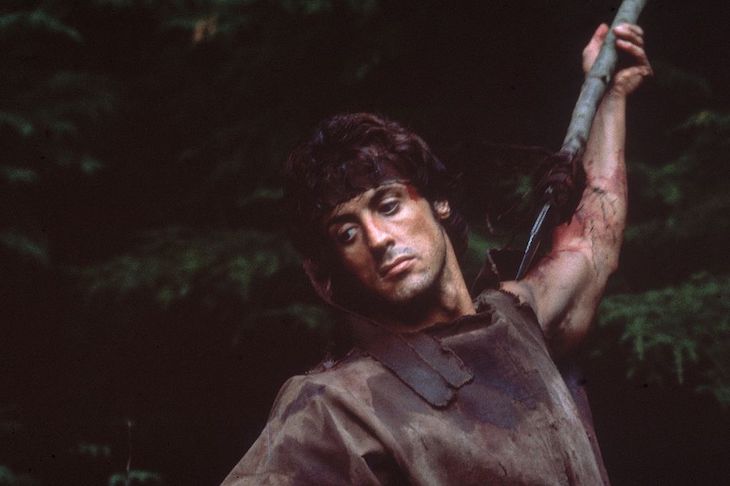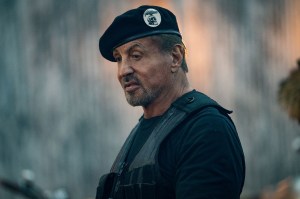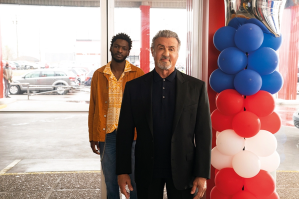Forty-seven years ago, in 1972, David Morrell wrote the novel First Blood which was later adapted into a hugely successful film and launched the iconic Rambo franchise. This September, Rambo will pick up his gun for the last time (again) in Rambo V: Last Blood. Sylvester Stallone, now 72, will play Rambo as he races to rescue a friend’s daughter from a vicious Mexican drug cartel.
Stallone had almost walked away from the Rambo series in 2016 before agreeing to do the cartel storyline. Prior to its evolution into a kidnapping/rescue story, Morrell and Stallone had worked out a different Rambo outline. Their concept was very ‘character driven’ but was ultimately scrapped by the studio for unknown reasons in order to pursue the Mexican cartel plotline.
Morrell tells me that he and Stallone had worked out their own concept for Rambo’s fifth and final journey in the spring of 2015.
‘Sly and I spoke on the phone for a couple of hours every weekend during March and April of 2015. We developed a plot that was (as Sly put it) “soulful,”’ Morrell explained.
Ten years after Morrell’s novel was published, the story about a troubled Vietnam War veteran harassed by a small town police chief was adapted into the 1982 film. Rambo’s disillusioned, socially-isolated character is backed into a corner until forced to fight back. The film was about clashing personalities who fail to understand each other and end up fighting their own war. The book, from Canadian-born Morrell, who studied literature in the late 1960s at Penn State, was intended to be an action novel that broke out of the genre.
Rambo was later transformed from this potently complex, subtly anti-war figure of the first book and film into an action figure in Rambo: First Blood Part II, where he rescues POWs in Vietnam, and Rambo III, where he takes on Soviets in Afghanistan, followed by the fourth installment, titled simply Rambo, in which Rambo rescued a group of beleaguered missionaries in Myanmar (formerly known as Burma). Stallone reportedly wanted to make this a Sam Peckinpah version of a Rambo film and emphasize the brutality of combat. In a key speech, Rambo complains bitterly that old men start wars, young men fight them, and nobody wins in the end.
The soulful take that Morrell and Stallone had developed in 2015 would have shown audiences a less bitter side of Rambo, according to the author.
‘It would have been the sort of character-driven movie that major film festivals welcome. But for whatever reason, the project didn’t move forward,’ Morrell explained to Spectator USA. While he wasn’t able to provide details about the story, he did indicate that it wasn’t the plot floated by Stallone in the summer of 2015 – and ostensibly since discontinued – that had Rambo taking on Isis in Syria.
Despite his and Stallone’s original premise having been bypassed, Morrell is pleased by images from the upcoming Last Blood depicting Stallone in cowboy gear, since he thinks of his novel, First Blood, as ‘a contemporary Western in which a wandering gunfighter isn’t allowed to hang up his guns.’


















